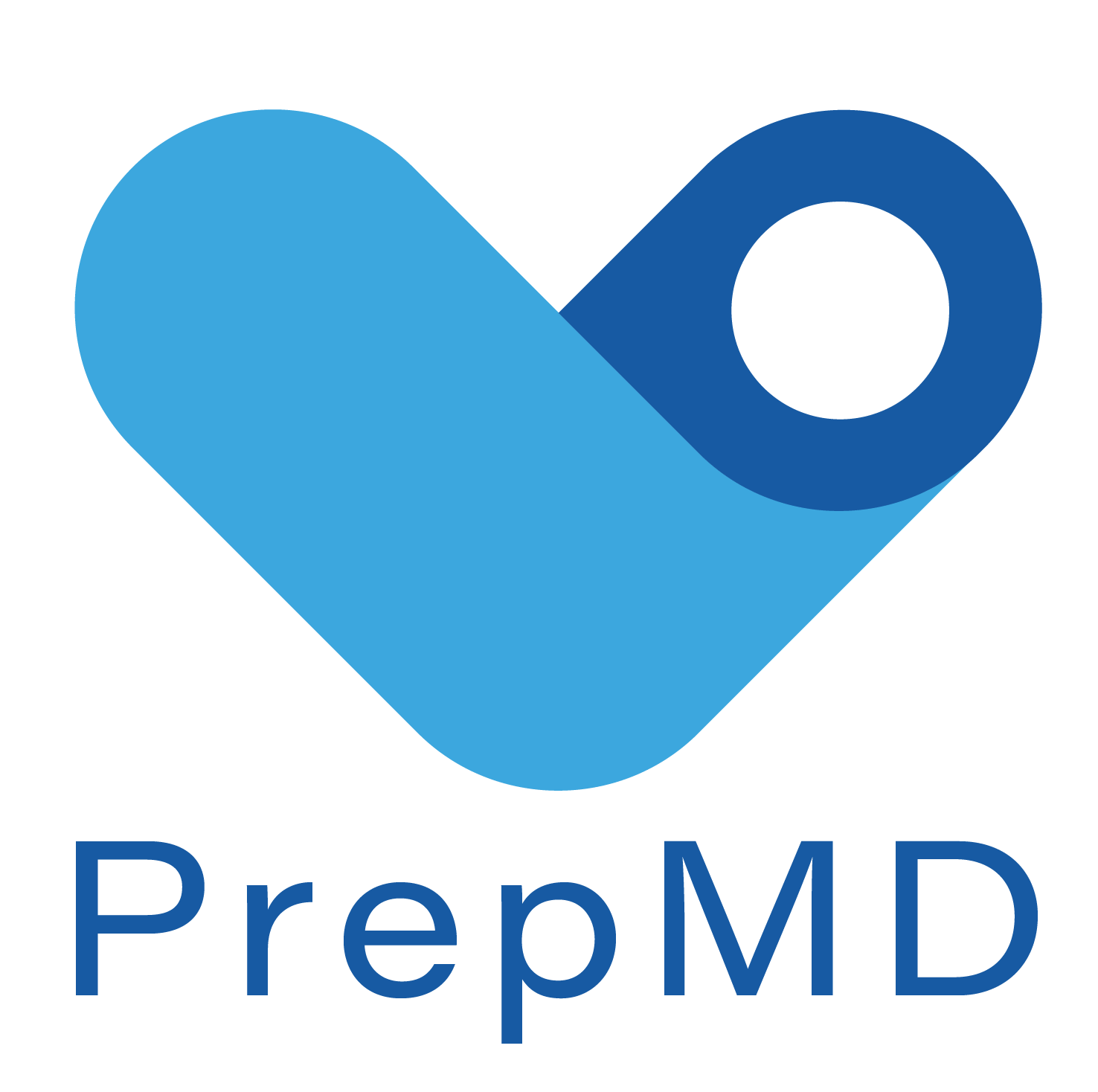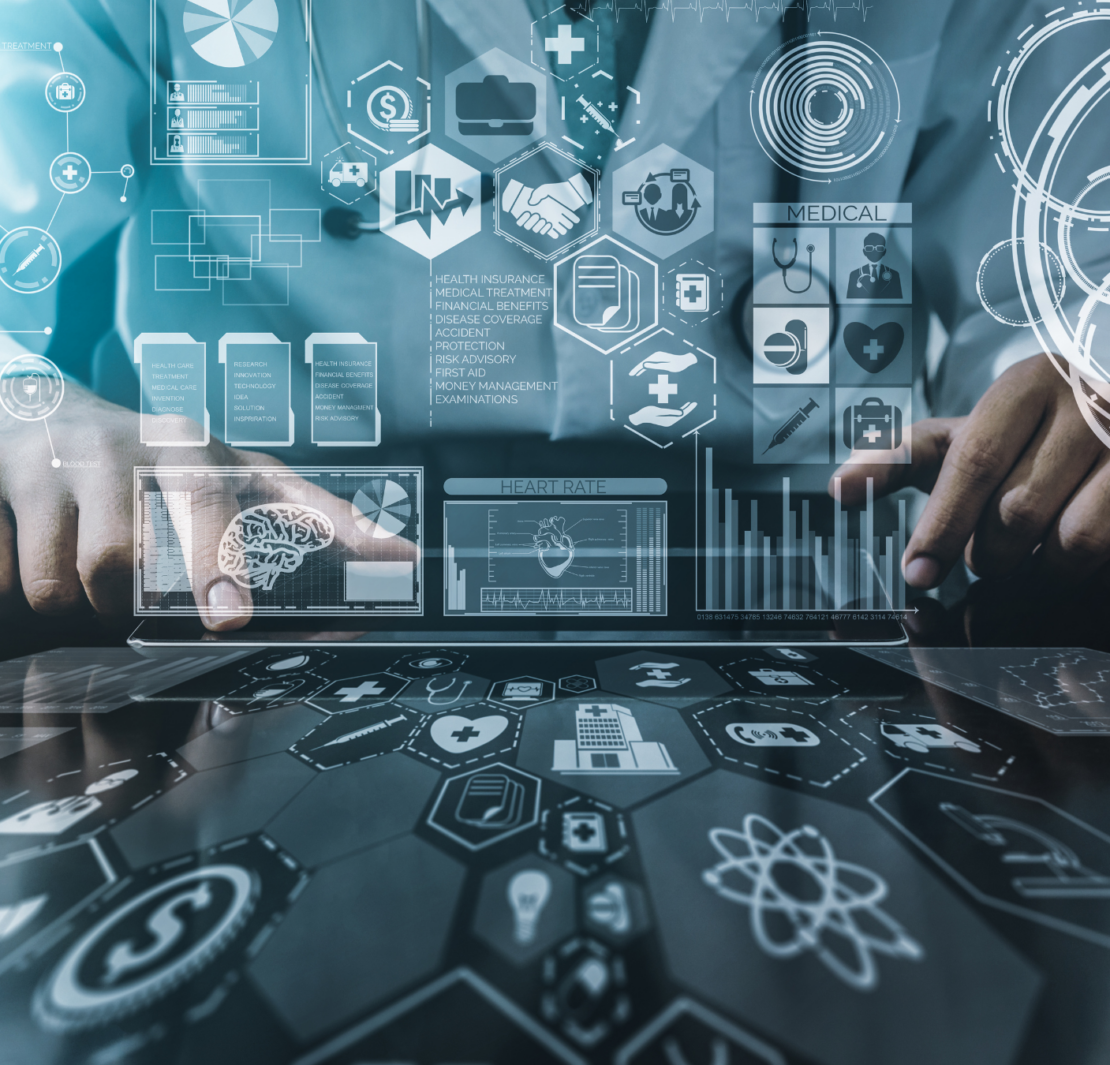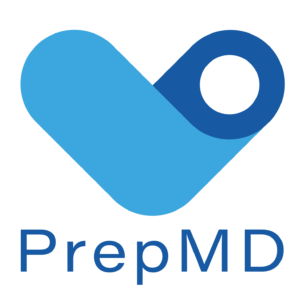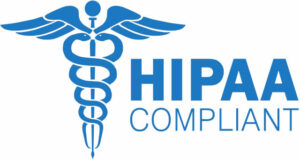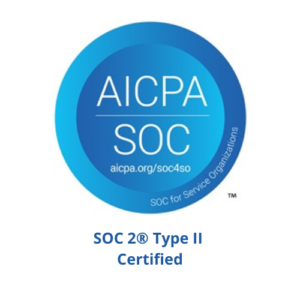In the dynamic landscape of healthcare, Artificial Intelligence (AI) is emerging as a potential ally. For stakeholders in hospitals and clinics grappling with large volumes of data, AI presents an opportunity to enhance efficiency. This is particularly relevant in cardiology, where AI can assist in areas such as Electrophysiology and rhythm analysis.
AI and Cardiology: An Adjunct, Not a Substitute
AI’s role in cardiology is not to replace human expertise but to augment it, especially in the realm of implantable devices like Implantable Cardioverter Defibrillators (ICDs), Pacemakers, and Implantable Loop Recorders (ILRs). These devices generate a wealth of data that can be overwhelming. AI can help manage this data, identifying patterns and anomalies that might be overlooked due to the sheer volume of information.
One of the key applications of AI in Cardiac Implantable Electronic Devices (CIED) practice is reducing false positives. By doing so, AI can help manage data overload without missing genuine positive findings. This can make the process of rhythm analysis more efficient, but it does not eliminate the need for expert human analysis.
LLM, ML, and DL: The AI Trio
Understanding how AI works in this context requires differentiating between Large Language Models (LLM), Machine Learning (ML), and Deep Learning (DL).
LLMs are AI models trained on a vast amount of text data. They can generate human-like text based on the input they receive. In cardiology, LLMs could be used to interpret patient data and generate reports, but these would still need to be reviewed and validated by healthcare professionals. LLMs are particularly useful in processing and understanding natural language, making them ideal for tasks such as reading patient histories or interpreting doctor’s notes.
ML is a subset of AI that uses statistical methods to enable machines to improve with experience. In cardiology, ML could be used to predict patient outcomes based on historical data, but these predictions would need to be evaluated in the context of each individual patient by a healthcare professional. ML algorithms can learn from data and make predictions or decisions without being explicitly programmed to perform the task. This makes them useful for tasks such as identifying patterns in heart rhythms or predicting the likelihood of a cardiac event based on patient data.
DL is a subset of ML that uses neural networks with many layers. DL can be used in cardiology to analyze complex data from imaging or ECGs, for example, but the interpretation and final decision-making should still lie with healthcare professionals. DL models are capable of learning from unstructured data and can identify complex patterns, making them ideal for tasks such as interpreting cardiac imaging data or detecting anomalies in ECG readings.
The Future of AI in Cardiology: A Balanced View
While AI holds promise for the future of cardiology, it’s crucial to remember that it’s a tool, not a replacement for human expertise. The development of AI is ongoing, and while it can assist in data analysis and decision-making, it cannot replace the need for human validation. The best patient outcomes are achieved when AI is used as a tool to assist healthcare professionals, not replace them.
In conclusion, AI can be a valuable asset in cardiology, but it’s not a magic bullet. As we explore this exciting frontier, it’s essential to remember the irreplaceable value of human expertise and validation. AI can be a powerful tool in our arsenal, but like all tools, it must be used wisely and responsibly, always in conjunction with human insight.
It’s important to partner with a company like PrepMD that not only delivers experts in the field of rhythm analysis, but also is actively building a software platform with strategic consideration and a focus on better patient outcomes.
